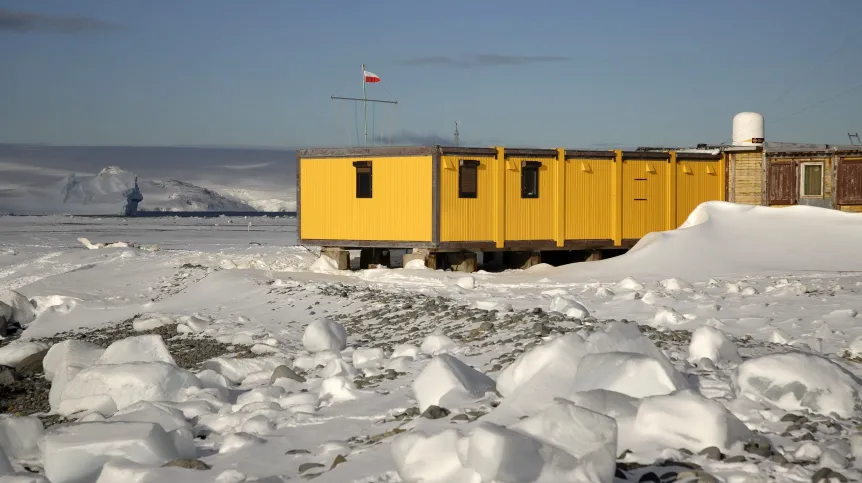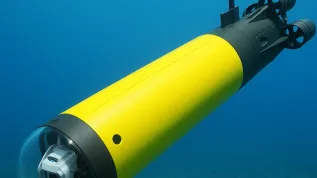
The Arctowski Polish Antarctic Station has launched a recruitment drive for its 49th Polish Antarctic Expedition. Those interested can apply until February 23. The positions include a doctor/paramedic, an electrician, an IT specialist, a boat operator and a chef.
The crew of the Arctowski Polish Antarctic Station consists of two groups (winter and summer), the station says in its recruitment information.
The winter group working at the station all year round (from October to November of the following year) consists of eight people, while the summer group works from November to the end of March. Although the station is looking for people with specific competences and tasks to perform, those interested should take into account that during their stay 'everyone does everything - teamwork is necessary, according to one's abilities and authority'.
Interviews will most likely be held in March and April. In May, selected candidates will undergo medical examinations. The months June-September are focused on preparations for the expedition, group and individual trainings. The expedition will set off to the station in the fall.
As reported by the station, the winter group consists of: the head of the expedition, a power/electrical engineer, a construction machinery mechanic, an electronics engineer/scientific equipment maintenance specialist, a doctor/paramedic/nurse, an ecological observer, a conservator/technical infrastructure maintenance specialist and a boat operator - zodiac driver (the person responsible for transporting station employees safely to the research site by sea).
The summer group includes: a chef, a kitchen assistant/social area supervisor, an unmanned aerial vehicle operator and a PTS operator.
Detailed information on recruitment can be found on the websites of the Institute of Biochemistry and Biophysics of the Polish Academy of Sciences, the Station and its Facebook profile.
The Arctowski Polish Antarctic Station launched its operations on February 26, 1977 and has operated continuously since. It is a year-round scientific and research station in Admiralty Bay on King George Island in the South Shetland archipelago.
Its research activities include: meteorological, ecological and hydrological monitoring, monitoring the structure of the Earth's electric field, research on tourist traffic in polar areas, monitoring water pollution and atmospheric precipitation, and geochemical research. The station's scientists also study Ginger Lake located on King George Island and monitor the calving of the Lange Glacier.
Magdalena Barcz
bar/ kap/
tr. RL













